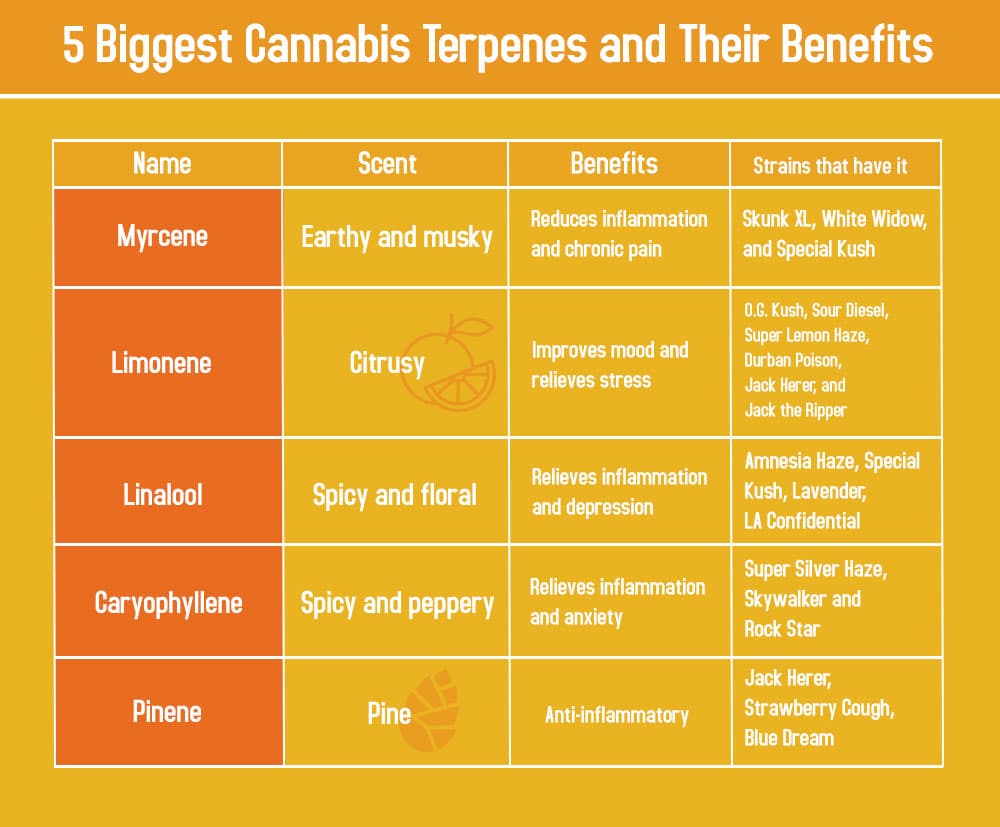Cannabis For Medicinal Use
Cannabis medical use is finally becoming scientifically studied. No longer stigmatized, legitimate peer reviewed research conducted worldwide shows cannabis does merit therapeutic uses. In this article, let’s look at the history of medical marijuana and present the latest information about current important studies conducted worldwide.
White Rabbit Cannabis provides this for informational purposes. This article is not intended to provide medical advice but only to inform interested parties on the latest peer reviewed scientific studies related to cannabis medicinal use. We strongly encourage anyone intending to use medical marijuana to consult with their personal healthcare provider for more information.

The History of Cannabis for Medicinal Use
Cannabis has a long history as a medicinal plant, dating back thousands of years across various cultures. Ancient Chinese texts mention its use for pain relief and other ailments. In India, it was utilized for spiritual and medicinal purposes in Ayurvedic medicine. Similarly, ancient Egyptians employed cannabis for treating various conditions. Throughout history, cannabis was commonly prescribed by physicians in the Western world until regulatory restrictions emerged in the 20th century.
In the 19th century, cannabis extracts were widely available in Western pharmacies and used for ailments like pain, insomnia, and nausea. However, the introduction of stringent regulations, such as the Marihuana Tax Act of 1937 in the United States, led to its prohibition and restricted medical access. Despite this, some medical use persisted clandestinely, especially in certain cultures and communities.
Scientific Advances in Cannabis Medicinal Use
Recent years have witnessed a resurgence in scientific interest in cannabis for medicinal purposes. Numerous peer-reviewed studies have explored its potential therapeutic benefits. For instance, research published in the Journal of Pain found that cannabis effectively alleviates neuropathic pain, often resistant to conventional treatments. Additionally, studies have demonstrated its efficacy in managing symptoms associated with conditions like multiple sclerosis and epilepsy.
Furthermore, the discovery of the endocannabinoid system shed light on how cannabis interacts with the human body, providing a scientific basis for its medicinal effects. This system plays a crucial role in regulating various physiological processes, including pain perception, mood, and appetite, suggesting the potential for targeted therapeutic interventions using cannabis-derived compounds.
Benefits of Cannabis Medicinal Use for Patients
Patients undergoing chemotherapy often experience debilitating side effects like nausea, vomiting, and loss of appetite. Cannabis has shown promise in alleviating these symptoms, providing much-needed relief and improving quality of life. Research published in the European Journal of Cancer Care highlights the efficacy of cannabis in reducing chemotherapy-induced nausea and vomiting.
Moreover, cannabis has emerged as a safer alternative to opioids for pain management, potentially mitigating the opioid epidemic. A study published in JAMA Internal Medicine found that states with medical cannabis laws experienced a significant decrease in opioid overdose deaths compared to those without such laws. This suggests that cannabis access may help reduce reliance on opioids, offering a potential solution to the opioid crisis.

Impact of Cannabis Legalization on Opiate Addiction
States that have legalized cannabis for both medicinal and recreational use have reported notable declines in opioid prescriptions and opioid-related deaths. A study published in JAMA Network Open found that counties with dispensaries experienced a 6.38% reduction in opioid prescriptions compared to those without dispensaries. Additionally, research published in the American Journal of Public Health revealed a 23% reduction in opioid overdose deaths in states with medical cannabis laws.
Furthermore, cannabis legalization has provided patients with a safer alternative for pain management, potentially reducing the risk of opioid addiction and overdose. The analgesic properties of cannabis offer effective pain relief without the addictive properties of opioids, making it a valuable tool in combating the opioid epidemic.
Medical Cannabis
The history of cannabis for medicinal use is rich and varied, spanning millennia and cultures. Recent scientific advancements have reaffirmed its therapeutic potential, offering relief for various conditions and symptoms. Patients undergoing chemotherapy benefit from its anti-nausea and appetite-stimulating effects, while those suffering from chronic pain find relief without the risk of opioid addiction.
Moreover, the legalization of cannabis for medicinal and recreational use has led to significant reductions in opioid prescriptions and overdose deaths, providing a safer alternative for pain management. As research continues to uncover the full extent of cannabis’ medicinal properties, its integration into mainstream medicine holds promise for improving patient outcomes and addressing public health challenges.
- European Journal of Cancer Care
- Use of Cannabis and Cannabinoids for the treatment of cancer
- Supporting gut health with medical cannabis
- https://www.ncbi.nlm.nih.gov/pmc/articles/PMC8882944/
- Cannabis use significantly reduces use of prescription opiods
- Medical cannabis for chronic pain may help patients on long-term opioid treatment reduce dosages
Products typically recommended by medical marijuana patients
These are the products our authorized patients using medical weed recommend, both personally and by their healthcare practitioner. Typically, medical marijuana patients use non-inhalation products like infused beverages, edibles, tinctures, and RSO.
Products to check out:





